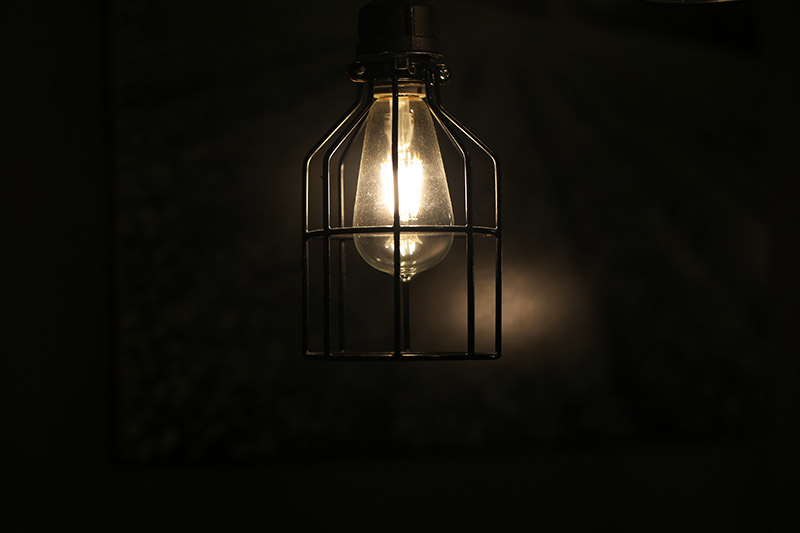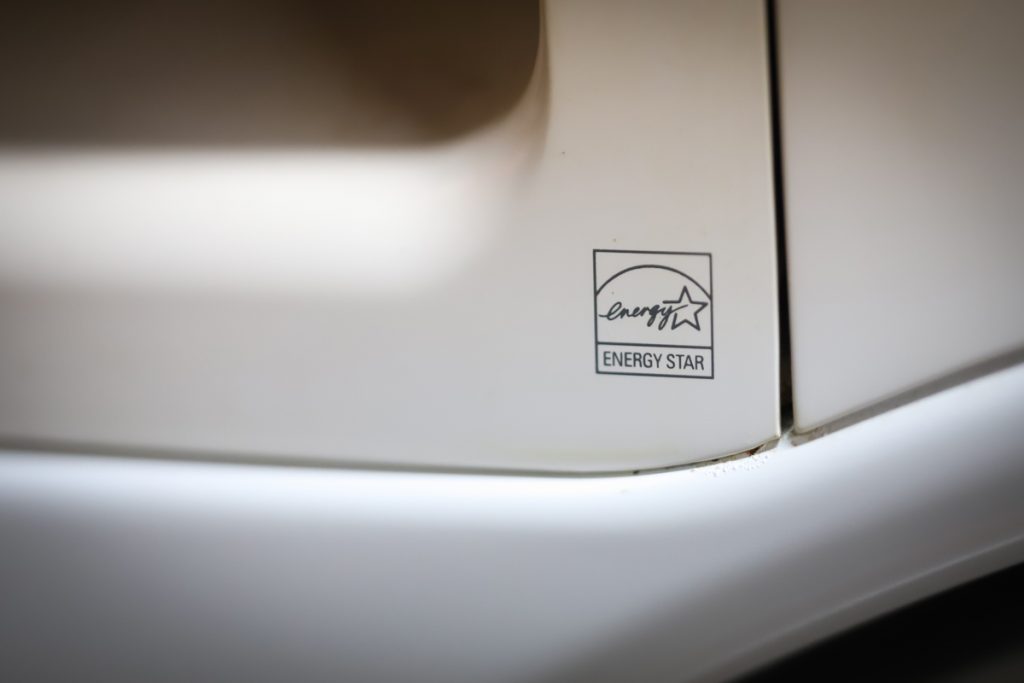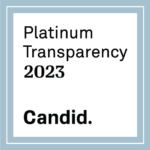What if we told you that you could get the same result for less money? It’s true with the use of energy efficient bulbs and appliances. For example, LED bulbs use up to 90% less energy than incandescent bulbs, with the same level of light. If you own an older refrigerator, you might be spending about $150 a year more to power it, even without the bells and whistles of a newer energy-efficient model.
Energy-efficient bulbs and appliances reduce your home’s emissions and your carbon footprint.
Change your bulbs.
Yes, it’s that easy. Light-emitting diode bulbs (LEDs) use significantly less electricity and last 15 times longer than traditional bulbs.
While any LED bulb is an improvement over incandescent, ENERGY STAR® certified LED bulbs have been tested to ensure they deliver energy savings. Check out the Light Bulb Purchasing Guide or the interactive Choose a Light Guide.
Can I recycle my old bulbs? Unfortunately, incandescent bulbs need to go to the landfill. However, fluorescent tubes and compact fluorescent (CFL) bulbs contain mercury and must go to your local hazardous waste collection. Mercer County residents should bring fluorescent bulbs to MCIA’s Household Hazardous Waste Collection, held three times a year in Lawrenceville, NJ. Home improvement stores, such as Lowe’s or Home Depot, may also have collection bins for certain bulbs.

Purchase efficient appliances.
Appliances actually have two costs: one is the advertised purchase price on the sticker and the other is the operating cost reflected in your monthly utility bill. Look for appliances with the ENERGY STAR® label — they have been certified to ensure they use less energy than traditional appliances, and therefore have a lower operating cost.
In New Jersey, cash rebates are available if you purchase certain models of standard household appliances, such as washing machines, dryers and refrigerators. Check out the latest information for appliance rebates through PSE&G.
Incentives are also available for the purchase of air conditioners, heat pump water heaters, and thermostats.
Can I recycle my old appliances? For some appliances, the answer is yes. Many refrigerators and freezers are recyclable, and humidifiers or air conditioners can often be recycled at the same time. To schedule an appointment and learn more, visit PSE&G’s Appliance Recycling webpage.

To save money, adjust your behaviors.
- Be polite, turn off that light. Don’t forget that energy conservation can be as simple as turning off lights or appliances when you don’t need them.
- Keep calm and save electricity. Adjust your heating and cooling, hang-dry your clothes, wash in cold water and turn down the thermostat on your water heater.
- Got freezer burn? Consider whether you really need that extra fridge or freezer. Also, don’t keep your extra fridge in a hot garage where it requires a lot of additional energy to stay cold.
Did you know?
That’s a lotta watts. A modern refrigerator or freezer uses 1,000 fewer kWh annually than one manufactured before 1990.
Energy’s hidden cost: In the U.S., there are about 70 million old refrigerators, costing consumers over $4 billion a year in energy costs.
Swap and save. Switch your old refrigerator for a new one and enjoy saving $60 a year on your utility bill.


